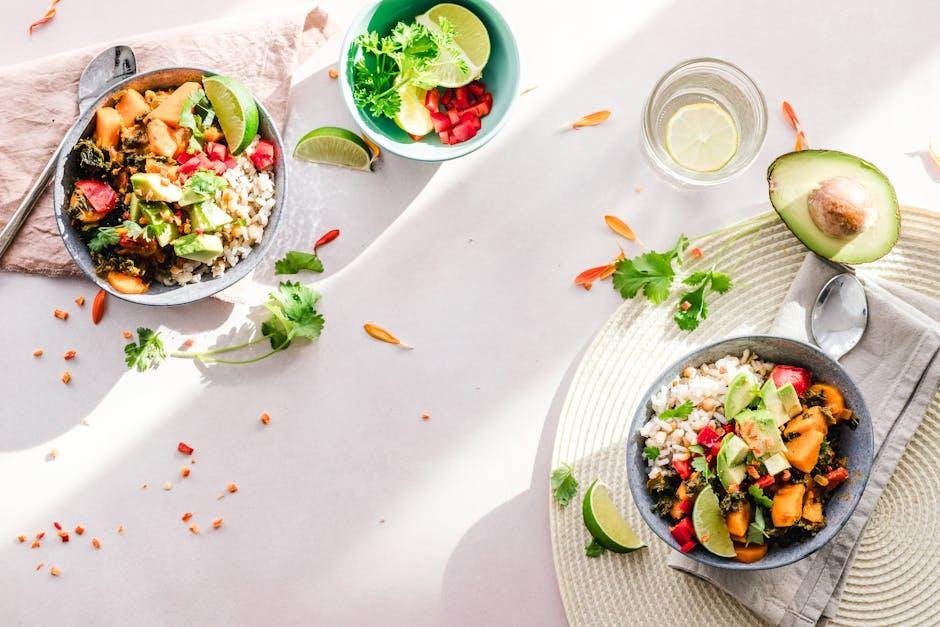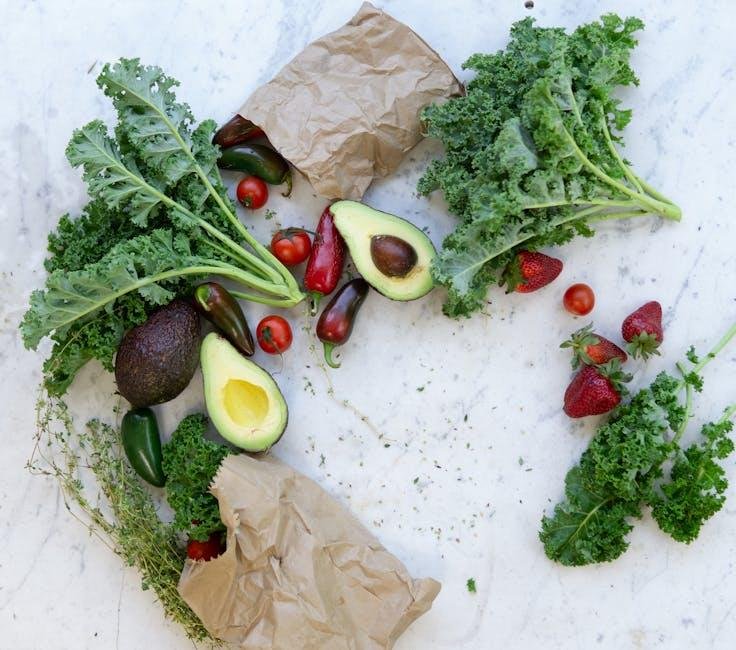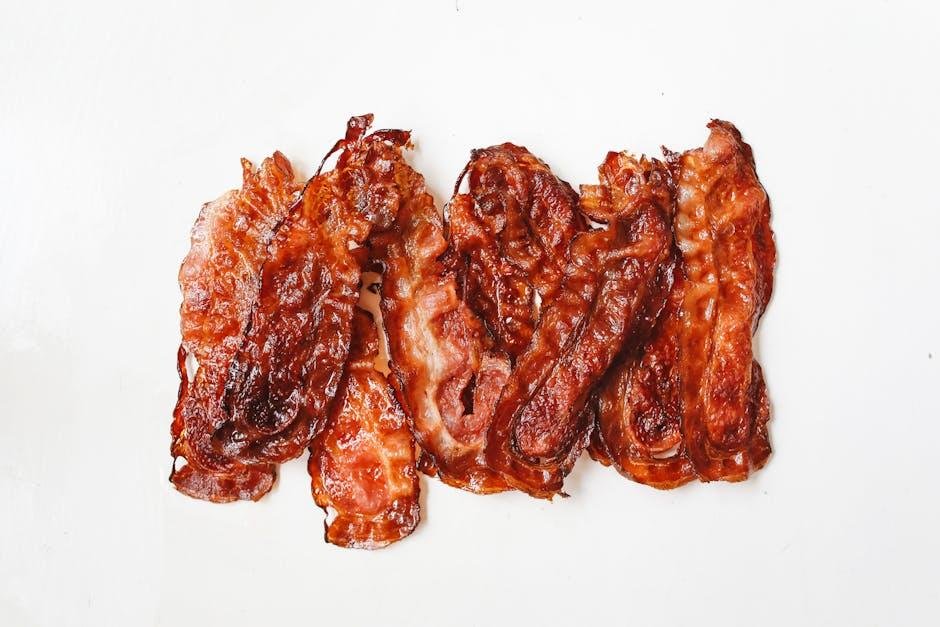In the intricate dance of health and nutrition, carbs frequently enough take center stage. They can fuel our days, elevate our spirits, and satisfy our cravings. Yet, when consumed in excess or at the wrong time, the aftermath can leave us feeling bloated, lethargic, and emotionally adrift.But what happens when a high-carb indulgence turns into an unexpected setback? Instead of succumbing to guilt or frustration, it’s an possibility for reflection and growth. In this article, we’ll explore practical strategies to navigate the often tumultuous waters that follow a high-carb mistake, transforming moments of indulgence into invaluable lessons for yoru journey toward balanced eating and a healthier lifestyle. Join us as we uncover how to reset, recalibrate, and regain control on the path to well-being.
Understanding the Emotional Impact of Dietary Slip-Ups
Dietary slip-ups, especially those involving high-carb foods, can create a whirlwind of feelings. Beyond the immediate regret, many individuals experience a deep wave of discouragement. It’s easy to spiral into negative thought patterns like “I’ve ruined my progress” or “I’ll never get back on track.” These feelings can trigger a range of emotional responses, including guilt and self-doubt. Understanding that these emotions are a common reaction can help you navigate through them more effectively. Acknowledge them without judgment,and recognise they are a part of the journey rather than a roadblock.
To effectively manage these emotional repercussions, consider employing the following strategies:
- Self-compassion: treat yourself with the same kindness you would offer a friend in a similar situation.
- Reflection: Analyze the context of the slip-up; was it social pressure, boredom, or stress that led you to indulge?
- Mindfulness: Practice being present, which can definitely help you detach from judgmental thoughts and focus on the now.
Additionally,creating a supportive surroundings can mitigate emotional turmoil. Surround yourself with motivated individuals or communities that encourage a positive mindset. By reframing the narrative around food slip-ups, these moments can evolve from shameful failures into opportunities for learning and growth.

Reassessing Your Goals: Strategies for a Fresh Start
When faced with a setback, particularly after indulging in high-carb foods, it’s essential to reflect on your goals and outline a clear path forward.Begin by acknowledging the mistake without being overly harsh on yourself. Consider the outcomes of your choice and what led to it.Ask yourself questions like:
- What triggered the craving?
- How did I feel afterward?
- What can I learn from this experience?
This self-reflection not only helps clarify your goals but also allows you to adjust your strategies to prevent similar situations in the future.
Onc you’ve assessed your motivations and setbacks, establish a new set of actionable, realistic goals. Create a tiered plan to guide your approach, which might look like this:
| Short-Term Goals | Medium-Term Goals | Long-Term Goals |
|---|---|---|
| Increase hydration | Incorporate more whole foods | Achieve balanced eating habits |
| Track carb intake for one week | Try new low-carb recipes | Maintain a consistent meal plan |
| Take daily walks | Commit to a weekly workout | reach target weight/health goals |
By breaking down your goals into manageable increments, you can maintain focus and increase the likelihood of success, all while building resilience against future setbacks.

nourishing Your Body: Recovery Tips After High-Carb Consumption
after indulging in a high-carb meal, it’s essential to focus on restoring your body’s balance. Firstly,stay hydrated; drinking ample water helps flush out the excess glucose from your system. Consider incorporating high-fiber foods into your next meals to aid digestion and stabilize blood sugar levels. Foods rich in protein and healthy fats can also promote satiety and help curb cravings. Here are some options to consider:
- Leafy greens: Spinach, kale, and romaine provide essential nutrients and fiber.
- Nuts and seeds: Almonds, chia seeds, and flaxseeds are great for protein and omega-3 fatty acids.
- Lean proteins: Grilled chicken, turkey, or plant-based proteins like lentils can keep you feeling full.
Next, prioritize light physical activity. Engaging in gentle exercises, such as walking or yoga, can enhance digestion and boost your mood. Furthermore, getting adequate rest is crucial for recovery; quality sleep helps regulate metabolism and rejuvenate your body. Consider using this simple strategy to organize your recovery plan:
| Tip | Action |
|---|---|
| Hydrate | Drink water throughout the day |
| Eat Fiber | Include fruits and vegetables in your diet |
| Light Exercise | Go for a brisk walk or do yoga |
| Rest | Aim for 7-9 hours of sleep |

Building Resilience: Turning Setbacks into Learning Opportunities
Setbacks, such as indulging in a high-carb meal when you’re trying to maintain a specific nutrition plan, can evoke feelings of guilt or defeat. However, this moment can serve as a transformative learning experience. Instead of viewing it solely as a mistake, consider it an opportunity to analyze your choices and identify triggers. Reflecting on the situation can help clarify patterns in your eating behavior, guiding you towards better decisions in the future. Here are some questions to ponder:
- What influenced my decision to indulge?
- Was I hungry, or was it emotional eating?
- How did I feel afterward?
Utilizing a journal to document these reflections can crystallize your insights, transforming a simple dietary misstep into a stepping stone towards personal growth. But remember,the journey doesn’t have to be solitary. Engaging with a community or support group can offer additional perspectives and encouragement. This collaborative approach not only reinforces accountability but also highlights that setbacks are a universal experience. below is a brief overview of potential support avenues:
| Support Avenues | Description |
|---|---|
| Online communities | Forums or social media groups offering mutual support. |
| Nutrition Workshops | Workshops providing education and cooking demonstrations. |
| 1-on-1 Coaching | Personalized guidance from nutrition experts. |
Final Thoughts
In the grand tapestry of our nutritional journeys, setbacks can frequently enough feel like unraveling threads, threatening to disrupt the entire weave. However, as we navigate the occasional high-carb misstep, remember that each experience is an integral part of the learning process. Embrace the discomfort, for it presents an opportunity to grow stronger and more resilient. Reflect on what went awry,adjust your strategy,and allow yourself the grace to start anew. With each challenge faced, you not only refine your approach to food but also cultivate a deeper understanding of your body’s unique rhythms. So, as you step away from this guide, carry forth with renewed clarity and determination. setbacks are merely detours on the road to success, and with every stumble, you are one step closer to mastering your path. Whether it be a small stumble or a sizable leap,keep moving forward—your journey is far from over.




